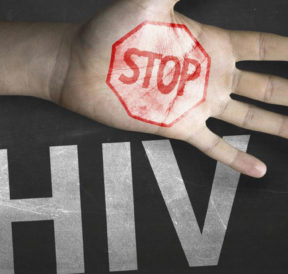COVID-19, or the coronavirus, is an infection triggered by the SARS-CoV-2 virus that affects a person’s respiratory organs. The disease has affected hundreds of millions of people across the globe, causing it to be classified as a super virus in recent health history. As the year ends, a higher rate of vaccinations and reduced risk of infection has seen a decline in recent coronavirus cases. Here are some key facts to know about COVID-19.
It spreads quickly
Being a virus, COVID-19 can spread easily from person to person through direct contact. Studies by the CDC reveal that proximity is one reason why millions of people were affected in a short time. Usually, coughing, sneezing, or even talking releases the virus into the atmosphere, which settles on surrounding surfaces. Studies conclude that such droplets can remain on surfaces for days and affect anyone who comes in contact.
Children can also get affected
Although the symptoms of COVID-19 showed progressive and aggressive traits among adults in most cases, the CDC concludes children are at an equally high risk of getting infected. In young children, the virus usually stays dormant and causes mild symptoms but can still be easily transmitted in the community. In some cases, kids also develop severe lung and respiratory disorders during or post treatment.
Vaccination is crucial
Major healthcare companies are currently producing vaccines for preventing COVID-19. All Medicare, Medicaid, and private health insurance plans cover the cost of vaccination. Those not insured can avail of free doses sponsored by the federal government. Vaccination can be done at community healthcare centers and state and local health departments.
Basic hygiene helps prevent infection
As mentioned, the virus can spread and infect a person when they come in contact with the droplets released and collected on commonly used surfaces. Door handles, staircase railings, and even elevator buttons are possible carriers of infection. Maintaining a safe distance, using gloves while venturing outside, and wearing a mask while talking can curb the spread of the infection.
Emerging treatments may help treat the condition better
Clinical trials and research studies are underway to test the efficacy of specific monoclonal antibody therapies that target the virus’s spike protein that triggers the infection. Doctors are also considering immunomodulatory therapies as preventive COVID-19 treatment, especially for patients who are immunocompromised, meaning their immunity cannot fight off external viruses.
It is one of the worst pandemics ever
Globally, COVID-19 has been ranked as one of the worst-ever pandemics in recent history, having infected over 650 million people. The virus has affected everyone, from young children to senior citizens, breaking ethnic barriers and age groups.













